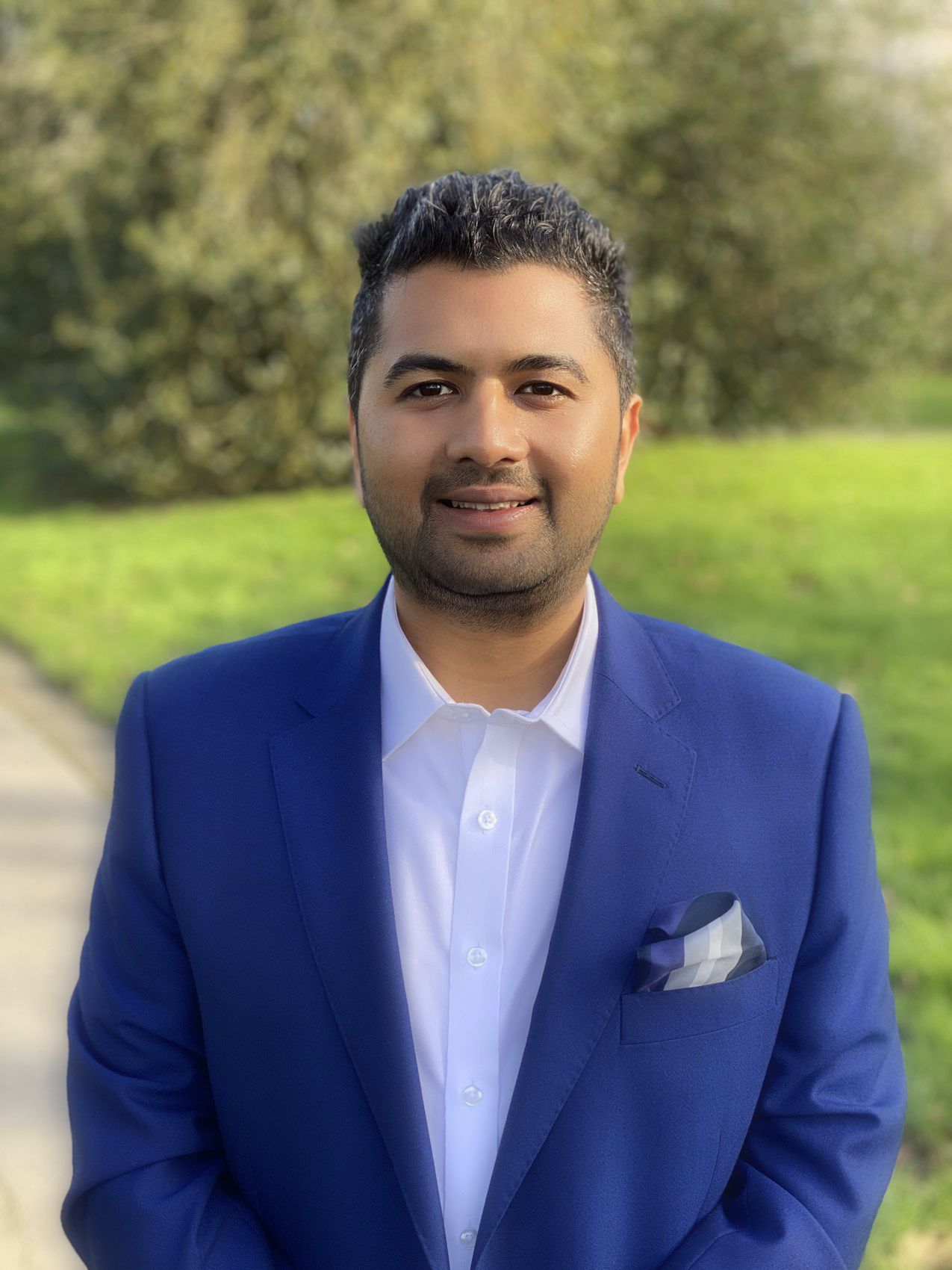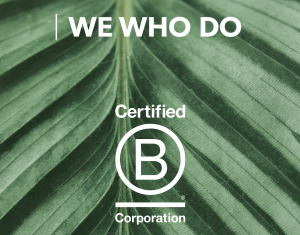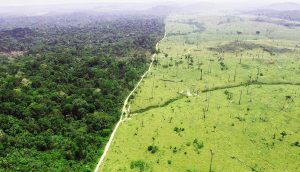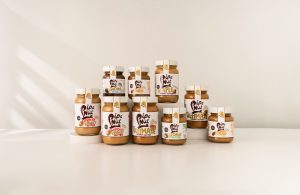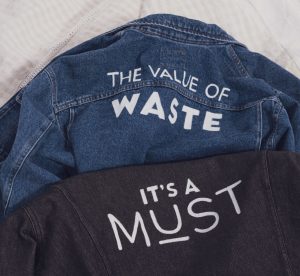Q: Where did the idea for envoPAP come from?
Kaushal: envoPAP began its journey in 2015. I come from India and grew up watching agricultural waste being burnt and dumped on a large scale. India produces around 370 million tonnes of agricultural waste every single year and the majority of it gets incinerated. This is called stubble burning and causes a huge amount of air pollution and respiratory problems across northern India. That’s the first problem. The second problem stems from the notion of moving away from single use plastics. While this is great news for the longevity of the planet, as an alternative we defaulted to using wood fibre paper. To produce wood fibre paper and plastic alternatives, the world is cutting down close to about 100,000 football fields a day! That’s a huge amount of deforestation and has enormous repercussions for our planet and climate! We were simply replacing one vice with a new one and that’s where envoPAP comes in. In using waste that has been burnt and dumped, and converting through pressing and drying by machines that were traditionally used in wood fibre machinery, our material is very close to paper finish, recyclable, biodegradable as well as home and industrial compostable! That’s envoPAP in a nutshell.
Q: What a versatile product! What kind of industries do you work with?
Kaushal: We focus on three main sectors. The first is the e-commerce sector, for which we create products such as delivery boxes for despatch and shipping. We also serve the food packaging sector, for example through burger wraps or food boxes. The third focus is the publishing sector, for which we have developed a variety of printing materials. The latter being our major segment and where we are innovating most at the moment. However, our materials can be used in a variety of different applications, such as packaging of sandwiches/wraps, chocolate bars, protein bars, or any kind of takeaway bags. We’ve just launched a new range of flower wraps, which can be used as a 100% biodegradable replacement to plastic!
Q: How do you control the end of life of the packaging that you design? Is there any process in place to ensure the correct disposal at the end of life as well ?
Kaushal: envoPAP uses a fibre-based material which is bleached out and then turned into pulp. We use an environmental technique, which makes sure that the longevity of the material is similar to wood fibre paper, which has about 100 years of archival value – just like our material. In terms of ensuring circularity at the end of life, it can be recycled into new papers, so you can put it into your regular waste bins or choose to compost and biodegrade it by industrial composting.

Q: Why do you think that the work that you’re doing is so important?
Kaushal: Since identifying a gap in the market, we’ve always continued to innovate and disrupt. We are currently seeing a huge spike in online shopping and the e-commerce sector has grown significantly in the past 18 months. In the e-commerce sector we are seeing a lot of shipments going out that use a lot of packaging. At envoPAP, we believe that this is excessive and unnecessary. We don’t believe in the future of boxes as the preferred dimensions of shipments – pouches are much more equipped and space efficient for container transport. We are looking to design products that require less space and are made with materials that do not harm the planet through using renewable resources. It’s also very important to us that our customers have multiple options at our products’ end of life. We are also creating materials that are water-resistant, oil and grease-resistant and heat sealable as well!
Q: What do you see for the future of envoPAP?
Kaushal: At this moment, we’re focusing on using agro-waste like sugarcane and wheat as these are commonly found in India and are available at a large scale. However, we’re not stopping here. Instead, we aim to focus on utilising waste that is being generated across the world. To do this, we have two partnerships underway that will accelerate our expansion of utilising agricultural waste, not just from India, but also from other countries. This will ensure sufficient capacities for us to target replacing single use plastic on a global scale while continuing to innovate our agricultural waste fibres.
Q: What’s the one thing about envoPAP that you’re most proud of?
Kaushal: We are a proud certified B Corporation, the first in our industry to have done so!
envoPAP is a sustainable start-up member you can find more information here

